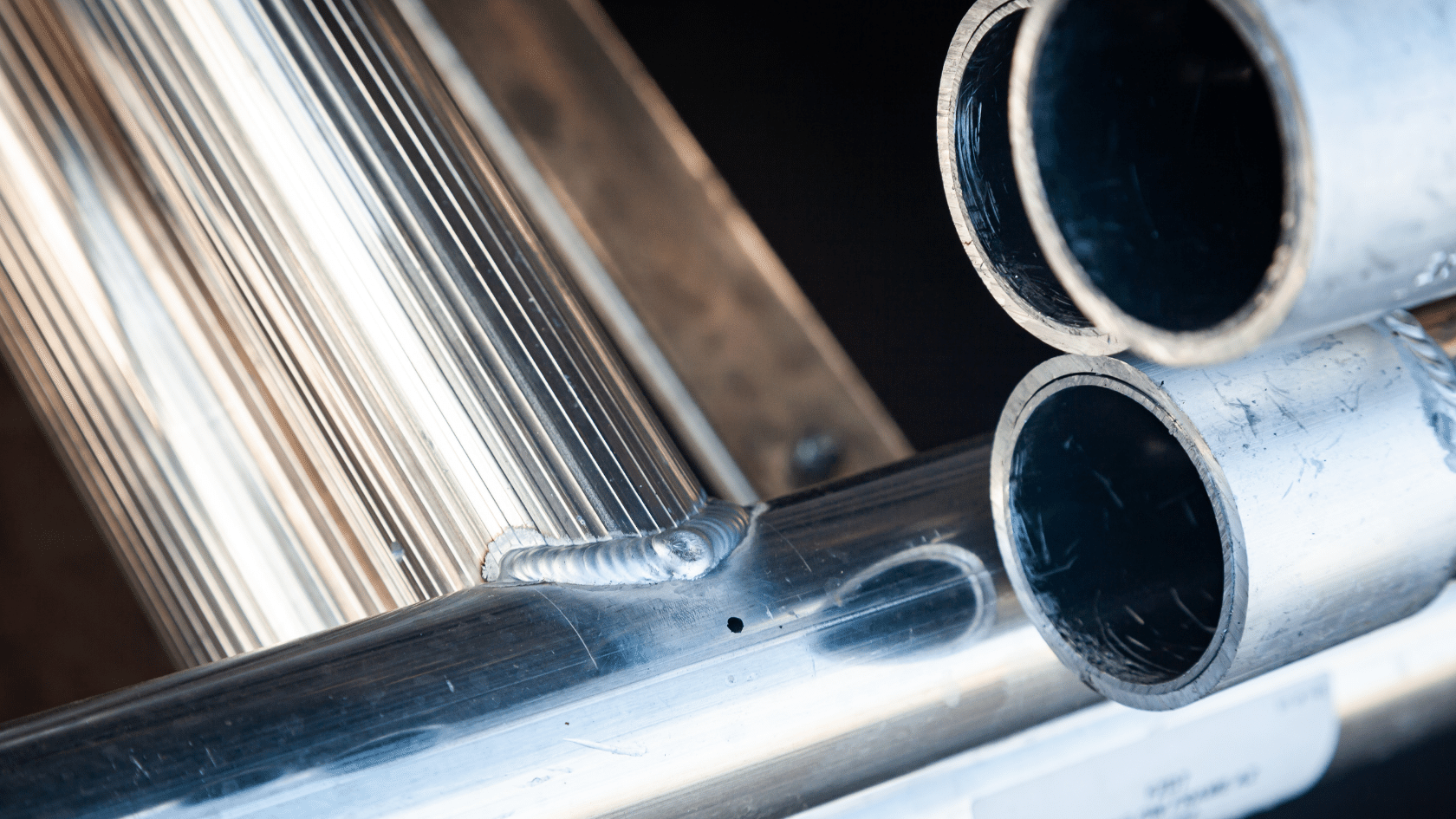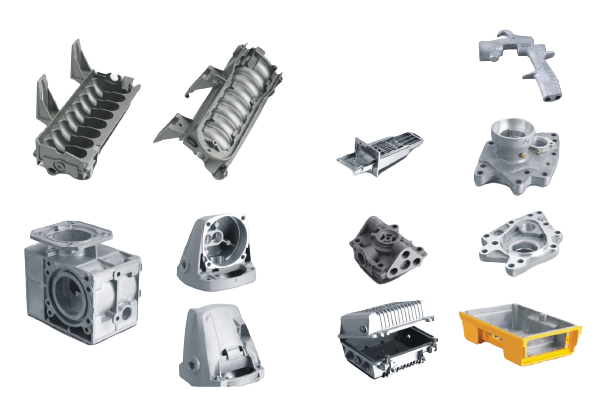An Unbiased View of Alcast Company
An Unbiased View of Alcast Company
Blog Article
The Definitive Guide for Alcast Company
Table of ContentsNot known Incorrect Statements About Alcast Company The Greatest Guide To Alcast CompanyAbout Alcast CompanyAlcast Company Can Be Fun For AnyoneAll About Alcast CompanyWhat Does Alcast Company Mean?
Chemical Comparison of Cast Light weight aluminum Alloys Silicon promotes castability by reducing the alloy's melting temperature level and boosting fluidity throughout casting. Furthermore, silicon adds to the alloy's stamina and use resistance, making it beneficial in applications where durability is vital, such as auto parts and engine elements.It additionally boosts the machinability of the alloy, making it less complicated to refine right into ended up products. This way, iron adds to the overall workability of aluminum alloys. Copper raises electric conductivity, making it advantageous in electrical applications. It additionally improves corrosion resistance and includes to the alloy's total strength.
Manganese adds to the strength of aluminum alloys and enhances workability (Aluminum Castings). It is commonly used in wrought light weight aluminum products like sheets, extrusions, and accounts. The presence of manganese help in the alloy's formability and resistance to splitting throughout fabrication procedures. Magnesium is a light-weight element that supplies strength and effect resistance to aluminum alloys.
Getting My Alcast Company To Work
Zinc boosts the castability of light weight aluminum alloys and assists manage the solidification procedure during spreading. It improves the alloy's stamina and firmness.

The primary thermal conductivity, tensile toughness, yield toughness, and elongation differ. Amongst the above alloys, A356 has the greatest thermal conductivity, and A380 and ADC12 have the most affordable.
The Greatest Guide To Alcast Company

In accuracy casting, 6063 is fit for applications where complex geometries and high-quality surface coatings are extremely important. Examples consist of telecommunication units, where the alloy's premium formability permits sleek and visually pleasing layouts while preserving structural integrity. Similarly, in the Lighting Solutions market, precision-cast 6063 elements create elegant and efficient lighting fixtures that require elaborate shapes and great thermal efficiency.
The A360 exhibits site here remarkable elongation, making it suitable for complex and thin-walled elements. In accuracy spreading applications, A360 is well-suited for sectors such as Consumer Electronic Devices, Telecommunication, and Power Devices.
Excitement About Alcast Company
Its one-of-a-kind residential properties make A360 a beneficial option for accuracy spreading in these sectors, improving product durability and top quality. Light weight aluminum alloy 380, or A380, is a widely utilized casting alloy with a number of distinct characteristics. It uses excellent castability, making it an optimal option for precision casting. A380 exhibits great fluidness when molten, ensuring intricate and thorough molds are accurately replicated.
In precision spreading, aluminum 413 shines in the Customer Electronics and Power Equipment markets. This alloy's superior rust resistance makes it an outstanding option for outdoor applications, ensuring long-lasting, sturdy products in the discussed sectors.
All about Alcast Company
As soon as you have determined that the light weight aluminum pass away casting process appropriates for your job, a crucial next action is choosing the most appropriate alloy. The light weight aluminum alloy you pick will significantly impact both the casting process and the buildings of the end product. Due to this, you should make your choice very carefully and take an informed technique.
Figuring out the most suitable aluminum alloy for your application will certainly imply weighing a broad selection of attributes. The first category addresses alloy attributes that impact the production procedure.
The 8-Second Trick For Alcast Company
The alloy you pick for die casting straight influences several facets of the casting process, like just how easy the alloy is to function with and if it is vulnerable to casting problems. Hot fracturing, also called solidification fracturing, is a typical die spreading problem for aluminum alloys that can cause inner or surface-level rips or fractures.
Particular light weight aluminum alloys are a lot more prone to hot cracking than others, and your option needs to consider this. It can damage both the actors and the die, so you should look for alloys with high anti-soldering properties.
Deterioration resistance, which is already a noteworthy feature of light weight aluminum, can differ considerably from alloy to alloy and is a crucial characteristic to take into consideration depending on the environmental problems your item will certainly be subjected to (Foundry). Wear resistance is another building frequently sought in light weight aluminum products and can set apart some alloys
Report this page